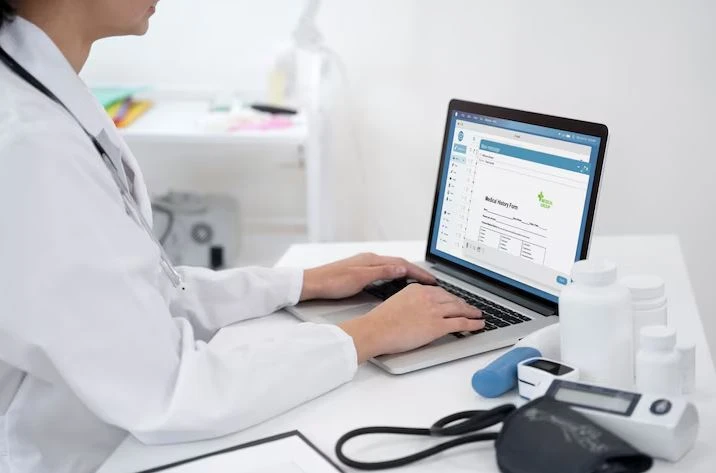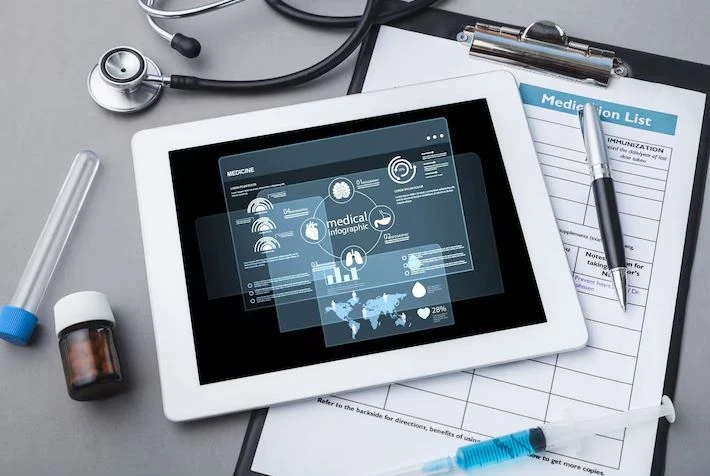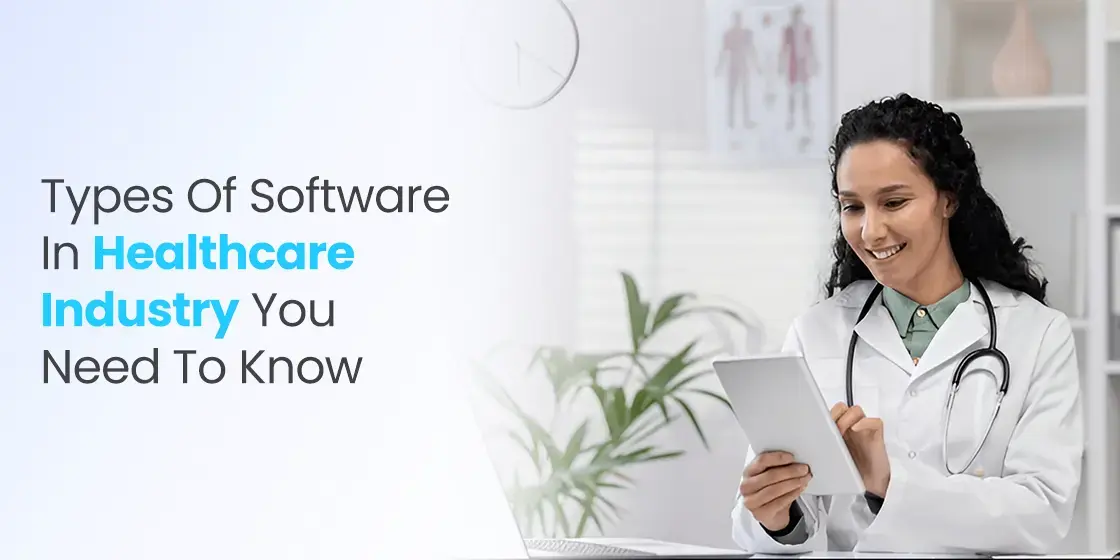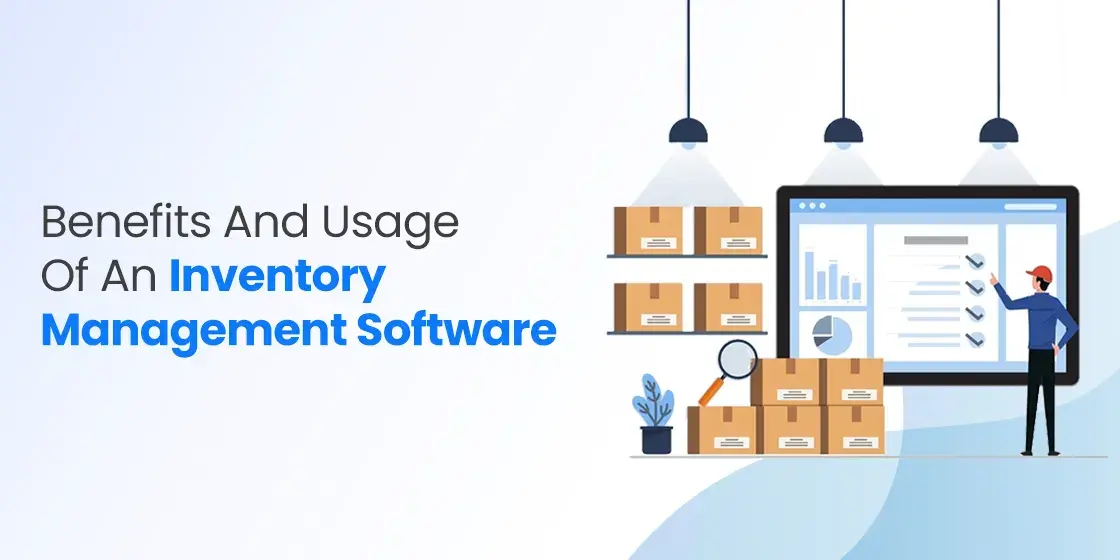Table of Content
Learn About the Most Popular Healthcare Management Systems Used in the Industry
In recent years, the healthcare industry has witnessed the introduction of a wide range of software solutions designed to enhance the efficiency and effectiveness of medical services. These innovations have been driven by the increasing demand for streamlined healthcare operations, improved patient outcomes, and the need to handle large volumes of medical data with greater accuracy and speed. As technology continues to evolve, healthcare organizations are embracing digital tools to meet the growing expectations of both patients and healthcare providers.
One of the primary functions of modern healthcare software is the management of patient records. Different types of software in healthcare industry allow for the secure storage, and seamless sharing of patient information among authorized professionals. This not only minimizes errors caused by manual documentation but also ensures that healthcare providers have real-time access to comprehensive patient histories. As a result, diagnoses and treatments are more accurate, and continuity of care is significantly improved across different departments and institutions.
Built by professional software development services, these software systems also play a crucial role in the overall administration of hospitals and clinics. If you want to know about different types of healthcare software that are currently used in the industry, read this article in detail. It will give you a quick overview of different medical systems that are used by top healthcare organizations around the world.
What is a Healthcare Software?

Healthcare software refers to a broad category of digital applications and systems specifically designed to support the operations, services, and administration of the healthcare industry. These programs are developed to address various needs within medical environments, such as hospitals, clinics, laboratories, and private practices. By incorporating technology into everyday healthcare tasks, these software solutions aim to enhance the quality, efficiency, and accessibility of medical care for both patients and providers.
One of the core functions of healthcare software is to manage and organize patient information. This includes electronic health records (EHR), electronic medical records (EMR), and personal health records (PHR), which allow for secure and efficient documentation of medical histories, diagnoses, treatments, and test results. These systems help healthcare professionals quickly access and share relevant patient data, leading to better communication, coordinated care, and improved decision-making in clinical settings.
In addition to patient record management, healthcare software also supports administrative and operational processes within medical facilities. This includes appointment scheduling, billing and coding, insurance claims processing, inventory management, and workflow automation. Some systems even integrate advanced features such as telemedicine platforms, diagnostic tools, and predictive analytics. Overall, healthcare software plays a vital role in modernizing the healthcare sector, ensuring more accurate, efficient, and patient-centered service delivery.
Different Types of Healthcare Software Used in the Industry

With the evolution of technology, the state of medical systems have also improved a lot during the last few years. Today, you can find various types of software in healthcare industry built specifically according to the needs. Let’s take a quick look at them below.
Electronic Health Record System
Electronic Health Record (EHR) software has become one of the most widely adopted types of healthcare software in hospitals and clinics. These systems are designed to digitally store and manage a patient’s health information, such as medical history, diagnoses, and other essential medical data. By replacing traditional paper-based records, EHR software improves the accuracy and efficiency of patient data management, ensuring that healthcare providers have immediate access to a patient’s complete medical history at the point of care.
The widespread EHR software development has also led to significant improvements in the overall healthcare system. With these digital systems, hospitals and clinics can easily share patient data between departments, specialists, and even different healthcare institutions, facilitating more coordinated care across the patient’s entire healthcare journey. By automating many of the routine tasks associated with patient care, EHR software enables providers to focus more on direct patient interactions, ultimately improving the quality of care delivered.
Medical Database Software
Medical database software is a specialized type of software designed to store, organize, and manage vast amounts of medical data for healthcare organizations. This software allows for the efficient handling of patient information, medical records, diagnostic results, treatment histories, and more. By using structured data models, it ensures that all medical information is stored in an accessible and searchable format. This enables healthcare professionals to quickly retrieve and update medical data as needed, which is crucial for providing timely and accurate patient care.
In addition to storing patient data, medical database software often includes powerful tools for data analysis and reporting. These tools help healthcare organizations identify patterns, trends, and correlations in patient data, which can be used for improving clinical decision-making and overall patient outcomes. Researchers can also leverage medical databases to conduct studies, track public health trends, or assess the effectiveness of specific treatments.
Partner with our software development specialists to pioneer custom solutions that drive your business forward.
Request Your Solution
Medical Diagnosis Software
Medical diagnosis software is a type of application designed to assist healthcare providers in diagnosing medical conditions by analyzing patient data and symptoms. These systems use algorithms, machine learning, and medical knowledge databases to interpret clinical information, such as patient history, physical examinations, lab results, and imaging studies. By cross-referencing this data with a vast array of medical knowledge, the software can suggest potential diagnoses, helping clinicians make more accurate and informed decisions.
Beyond providing diagnostic suggestions, medical diagnosis software often integrates with other healthcare tools, such as electronic health records (EHR) and medical imaging systems, to provide a more comprehensive understanding of a patient’s health. Some systems are also designed to learn from past cases and improve over time, further enhancing diagnostic accuracy. By offering a second opinion or highlighting overlooked possibilities, medical diagnosis software can increase the speed and reliability of diagnosing diseases, particularly in complex or rare cases.
Telemedicine Software
Telemedicine software is a type of digital platform designed to enable healthcare providers to conduct remote consultations with patients. This software typically includes features such as video conferencing, secure messaging, and virtual appointments, allowing patients to receive medical care from the comfort of their own homes. By facilitating remote interactions, telemedicine software ensures that patients in rural or underserved areas can access healthcare services without the need for long-distance travel, thus improving overall healthcare accessibility and convenience.
In addition to patient consultations, telemedicine software often integrates with other healthcare systems, such as electronic health records (EHR), appointment scheduling, and billing systems, to provide a seamless and comprehensive virtual care experience. It also adheres to strict privacy and security regulations to ensure that patient data remains confidential during virtual visits. By offering flexible, cost-effective solutions for both patients and providers, telemedicine software is transforming the delivery of healthcare services worldwide.
Medical Imaging Software
Medical imaging software is a type of application used by healthcare professionals to process, analyze, and interpret images produced by various medical imaging devices, such as X-rays, MRIs, CT scans, and ultrasounds. These software systems allow for the visualization of internal body structures in high detail, enabling doctors and specialists to diagnose, monitor, and treat a wide range of medical conditions. Medical imaging software often includes tools for enhancing image quality, helping clinicians identify abnormalities, such as tumors, fractures, or infections, that may not be visible to the naked eye.
In addition to basic image viewing and enhancement, modern medical imaging software also incorporates advanced features like 3D rendering, image fusion, and quantitative analysis. These tools allow healthcare providers to gain deeper insights into a patient’s condition by viewing images in multiple dimensions or combining data from different imaging techniques for a more comprehensive evaluation. This software is often integrated with other healthcare systems, such as electronic health records (EHR), to provide a complete view of a patient’s medical history.
Frequently Asked Questions
| What is a healthcare software? Healthcare software refers to digital tools designed to manage, process, and store medical data. These systems support tasks such as patient record management, diagnostics, treatment planning, and administrative functions. |
| What is Electronic Health Record (EHR) system? An Electronic Health Record (EHR) system is a digital platform used to store and manage patients’ medical histories, diagnoses, and treatments information. It allows healthcare providers to access, update, and share patient data in real-time for improved care coordination. |
| What is a hospital management software? Hospital management software is a digital system designed to streamline and automate administrative tasks in healthcare facilities. It helps improve efficiency, reduce errors, and enhance the overall patient experience in hospitals and clinics. |
Final Words
That concludes our entire article in which we have discussed different types of software that are used in the medical industry. Knowing about these systems is important because they are demanded heavily in the market. From Electronic Health Record to Telemedicine Software, there are a variety of systems used in the medical industry. This blog has highlighted the core features of all these software, so that you can understand their utility and benefits for healthcare organizations.

Empower your digital journey with StruqtIO - Your dedicated partner for cutting-edge custom software development, innovation, and digital transformative solutions. Harness the power of technology to elevate your business and redefine your digital landscape today.


